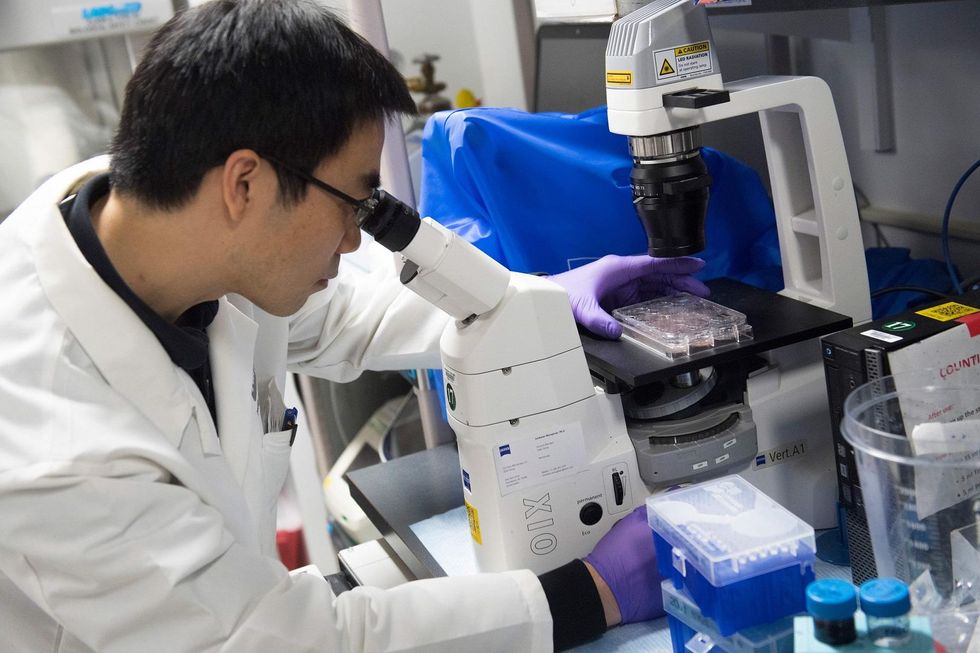Scientists may have discovered a previously unknown organ in the human body, and it could also be the largest. Researchers from New York University’s School of Medicine say that the new organ, which they’ve named the “interstitium,” is present in a very thin layer throughout the entire body.
According to a study published in the journal Scientific Reports, the interstitium is a network of fluid-filled tissue that runs under the skin and around major organs. Neil Theise, a professor at the school, said that the organ could function “like a shock absorber” for organs as they move around.
If this organ is so big, why hasn’t anyone noticed it before?
The researchers who presented this paper theorized that this organ had remained undiscovered for so long because of how anatomical research is done. Normally, when tissue samples are studied, they are sliced thinly and treated with chemicals before being placed under a microscope. These chemicals make cell structures easier to see, but when the tissue is drained of fluid it causes the cells in the mesh-like interstitium to collapse. Because of this, scientists previously assumed that this collapsed interstitium was just more connective tissue.
Instead of using this method, the researchers who made this discovery used a tiny camera on a probe, a technique called confocal laser endomicroscopy. The camera is capable of taking images of tissue at a microscopic level.
What does this discovery mean for science?
The researchers theorize that understanding the interstitium could help scientists to better understand how cancer works. According to a news release from the school, “the finding that this layer is a highway of moving fluid may explain why cancer that invades it becomes much more likely to spread.”
Theise theorized that understanding the interstitium could help combat disease.
“Can we detect [disease] earlier by sampling fluid from the space? Can we figure out mechanisms to stop spread?,” he asked, according to National Geographic.
Interstitium could also be responsible for some of the effects of aging. The news release theorizes that “the cells that reside in the space, and collagen bundles they line, change with age, and may contribute to the wrinkling of skin, the stiffening of limbs, and the progression of fibrotic, sclerotic, and inflammatory diseases.”




